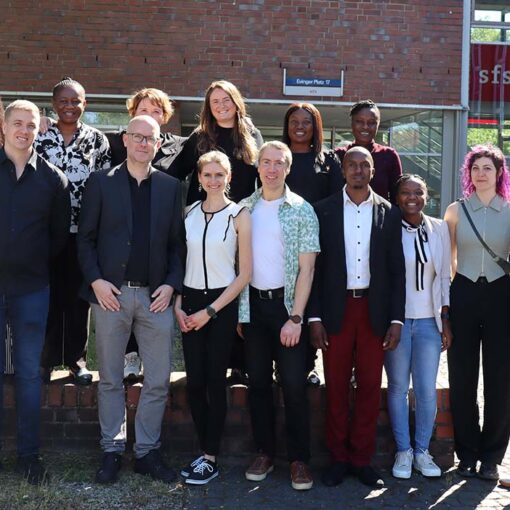LAB University of Applied Science is currently leading the Communal Entrepreneurship Education to Zambia (CEEZAM) project (LAB 2023) in collaboration with the Zambian Mulungushi University, and Green Living Movement (2023).
The project is funded by Finnpartnership and one of the main goals is to collect data for project PESTEL analysis, which can be used as a tool to analyze what kind of entrepreneurship education fits to the lives of the local people and to understand the operational environment of the enterprises. One of the beneficiaries of this PESTEL analysis is Afstor, a Finnish company which delivers solar stoves to Zambia. In the Afstor solar s toves, electricity stored in the battery provides energy for cooking, lightning and charging devices and women no longer need to burn wood on an open fire for cooking.In addition, indoor air will be clean and the health of those exposed to the open fire will be improved (Afstor 2023).
In the CEEZAM project, Green Living Movement conducted 46 interviews and two group discussions in Chiyumu and Chisuwo communities in Monze district in the spring 2023 to examine the usage and impacts of Afstor solar stoves in these communities.
Based on the data collected, farmers who own solar stoves are highly satisfied and see many positive effects the stoves have on their lives, including improved natural resource management, improved lighting, better health and hygiene, increased productivity, as well as various benefits for women and girls and on gender equality.
![[Alt text: a group of smiling people together.]](https://blogit.lab.fi/labfocus/wp-content/uploads/sites/8/2023/10/706_2023_The-effects-of-solar-stoves-in-rural-villages-in-Southern-Zambia-1024x662.jpg)
Understanding sustainability
Farmers understand the importance of and support sustainable natural resources management. As a result, all participating farmers are involved in tree planting and forest regeneration activities to improve nutrition, generate new forms of income, and improve soil fertility. The trees also provide fodder for livestock, fresh air, wind, shade, and medicine. Farmers also accept the compensation system, in which solar stoves are provided only to farmers involved in sustainable natural resource management activities. This increases their motivation to take part in reforestation and tree planting activities.
Green Living Movement also analyzed the farmers’ interest in entrepreneurship. The farmers, especially women, are highly interested in entrepreneurship and most respondents are already involved in small enterprises. However, the lack of financial capital, business knowledge and skills hamper their growth and prevent farmers from starting new businesses.
While most farmers are interested in entrepreneurial training, the lack of access to the internet and suitable devices, such as laptops and smartphones, limit the participants’ possibilities to take part in online entrepreneurial education programs. Moreover, for most respondents it is not possible to travel far distances to attend training. Only households with solar stoves have access to electricity and only a few farmers (24%) have access to the internet due to the lack of smartphones and internet services in the target area. LAB team visited also the Monze district in September 2023 and conducted some additional interviews in Chiyumu village (Image 1). In addition, more interviews are currently being conducted in the villages by local community members in the fall 2023.
Author
Terhi Tuominen, D.Sc. (Econ. & Bus. Adm.), is a RDI specialist and a project manager at LAB University of Applied Science.
References
Afstor. 2023. Cited 13 Oct 2023. Available at www.afstor.com.
Green Living Movement. 2023. Cited 13 Oct 2023. Available at https://www.glmglobal.org/
LAB. 2023. Yhteisöllisiä yrittäjyyskasvatuksen menetelmiä Sambiaan – communal entrepreneurship education. CEEZAM. Project. Cited 13 Oct 2023. Available at https://lab.fi/en/project/yhteisollisia-yrittajyyskasvatuksen-menetelmia-sambiaan-communal-entrepreneurship-education




